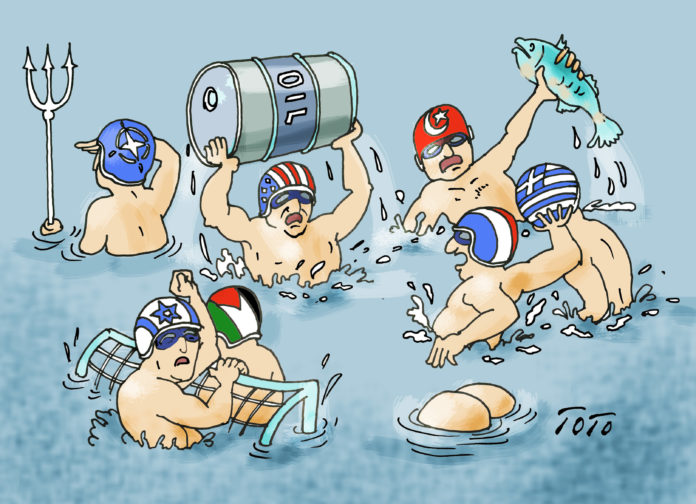In a recent outburst in Ankara, President Recep Tayyip Erdogan said: “They’re either going to understand the language of politics and diplomacy, or [learn] in the field with painful experiences.”
He continued, “Turkey possesses sufficient political, economic and military power to tear up the immoral maps and documents imposed” on it.
This was a threat to fellow NATO member Greece, whose international territorial waters are being overrun by Turkey.
Indeed, Turkey has sent gas exploration ships within the continental shelf of Greece, escorted by its warships. Efforts to mediate the escalating crisis have failed because Greece is refusing to sit at the negotiation table before Turkey ceases its illegal drilling operations in the former’s territorial waters.
Turkey has also claimed the Cypriot exclusive economic zone, citing the “legal rights” of the illegally-occupied northern Cyprus, which Turkey calls the Republic of Northern Cyprus and whose sovereignty it alone recognizes.
NATO and its European members are divided over this standoff, creating a perfect confusing scenario for Mr. Erdogan to exploit.








